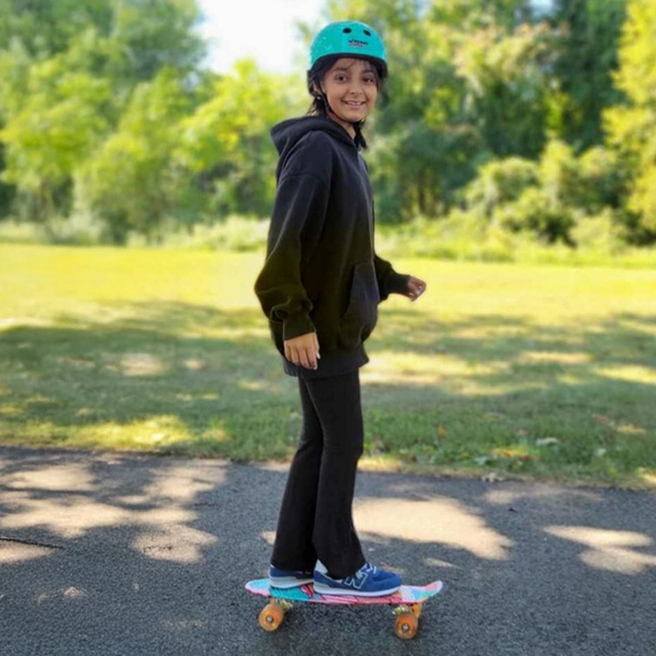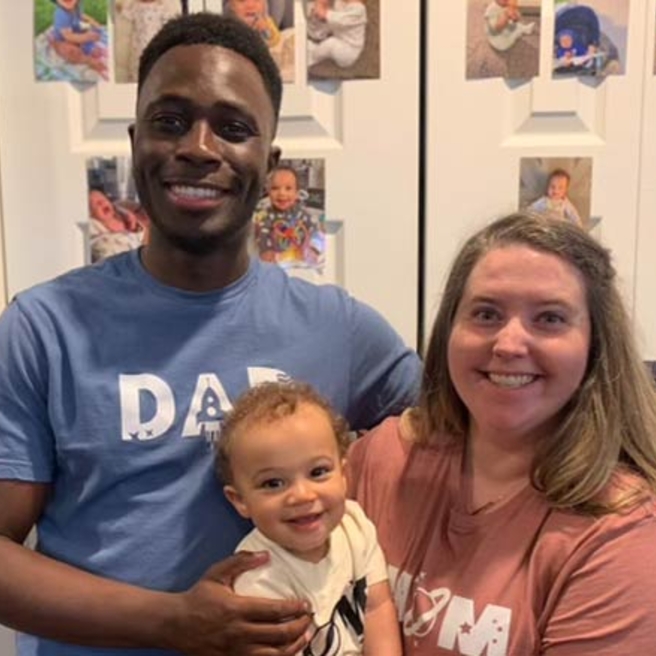Division of Hematology
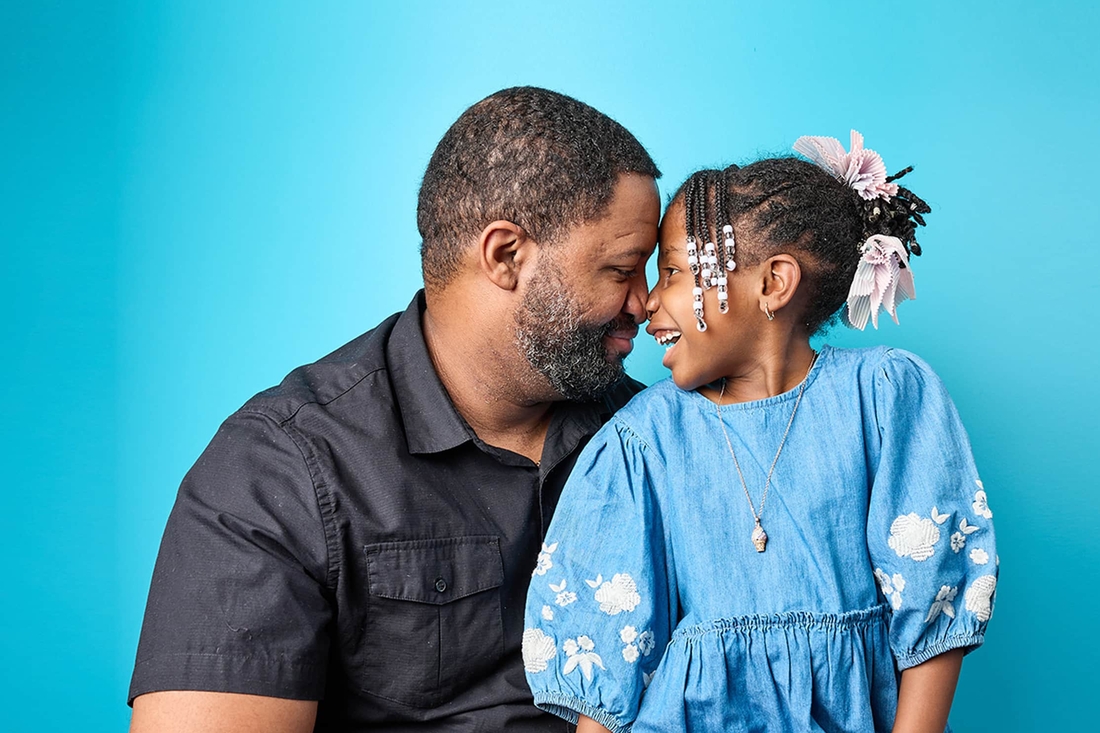
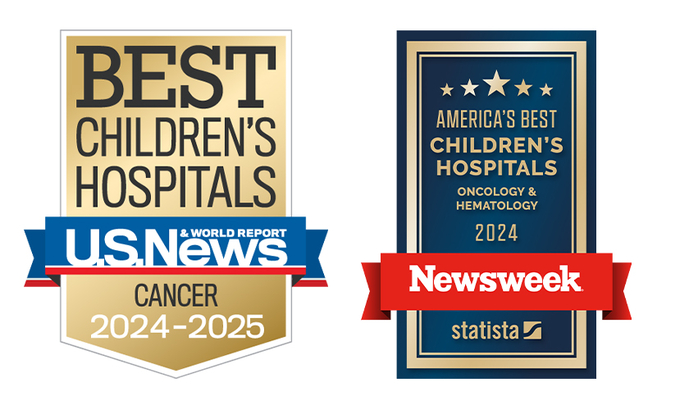
The Division of Hematology at Children's Hospital of Philadelphia (CHOP) is ranked among the best pediatric hematology programs in the nation by Newsweek. We treat children with every type of blood disorder that isn’t malignant (cancerous). Your child will be cared for by some of the world’s most experienced hematologists, and we offer the complete range of specialty services they need. Our team develops a treatment plan that’s tailored to your child’s specific needs.
We offer the most advanced treatment options, including curative gene therapies for sickle cell disease and beta thalassemia approved by the Food and Drug Administration (FDA).
We know that chronic illnesses that require ongoing treatment, such as regular blood transfusions, can be challenging for children. Your family will be supported by team members who help children understand and cope with procedures.
How we serve you
To give your child the very best care, our doctors, nurses and other experts are grouped into specially trained treatment teams. These teams give your child personalized care while building strong relationships to support your family.
-
Acupuncture Program -
Alex Scott Day Hospital -
Apheresis Program -
Hematological gene therapies -
Hemophilia and Bleeding Disorders Program -
Hemostasis and Thrombosis Center -
Immune Dysregulation Program -
Mindfulness Program -
Novel Therapeutics for Bleeding Disorders (NoT Bleeding) Program -
Comprehensive Bone Marrow Failure Center -
HHT Program -
Sickle Cell and Red Cell Disorders Curative Therapy Center (CuRED) -
Sickle Cell Center -
Thalassemia Center -
Yoga Program
Conditions we treat
We treat every type of blood disorder that isn't cancerous, including ones that are very rare.
-
Alpha thalassemia -
ALPS -
Anemia -
Aplastic anemia -
Beta thalassemia (Cooley's Anemia) -
Castleman disease -
Diamond-Blackfan anemia -
Evans syndrome -
Fanconi anemia -
Hemolytic anemia -
Hemophilia -
Idiopathic thrombocytopenic purpura -
Iron deficiency anemia -
Megaloblastic anemia -
Myelodysplastic syndrome -
Neutropenia -
Paroxysmal nocturnal hemoglobinuria -
Shwachman-Diamond syndrome -
Sickle cell disease

Why choose us for hematologic care
Our large program offers some treatments and services that other programs might not have. We are one of the select specialized hospitals, called Qualified Treatment Centers (QTCs), that offer FDA-approved curative gene therapies for transfusion-dependent beta thalassemia and for sickle cell disease.

Meet your team
Every person on your child's team has the same goal: to see your child thrive. We provide medical care, emotional counseling and much more.

Our locations
Access top pediatric hematologists who treat children with blood disorders in one of our many regional locations.
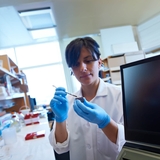
Our research
We are constantly striving to make research discoveries that lead to better treatment options — including curative therapies — for blood disorders. Some of the biggest breakthroughs in hematology research have happened at CHOP.

Hematology resources
We have created resources to help you find answers to your questions and feel confident with the care you are providing your child at home.
Your donation changes lives
A gift of any size can help us make life-changing breakthroughs and advance our work for children everywhere.

